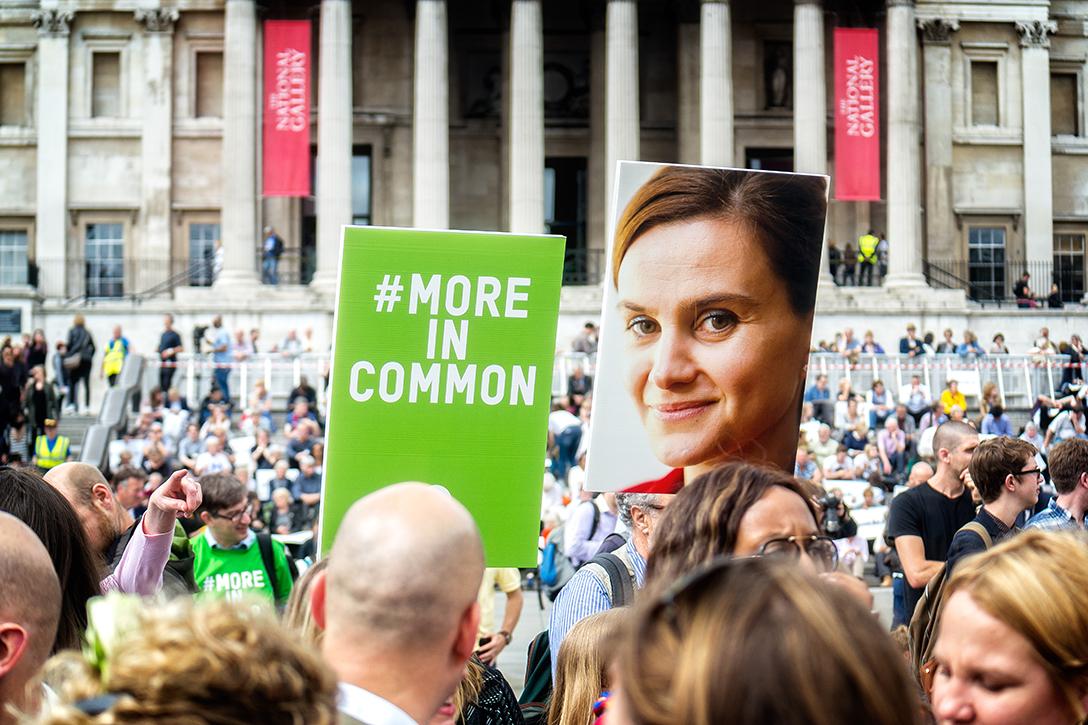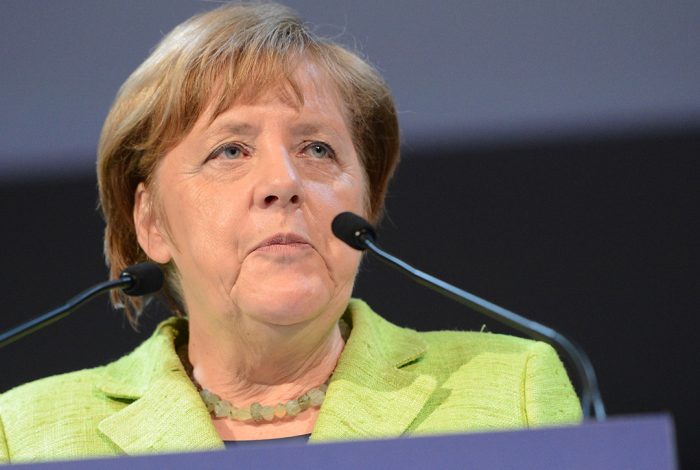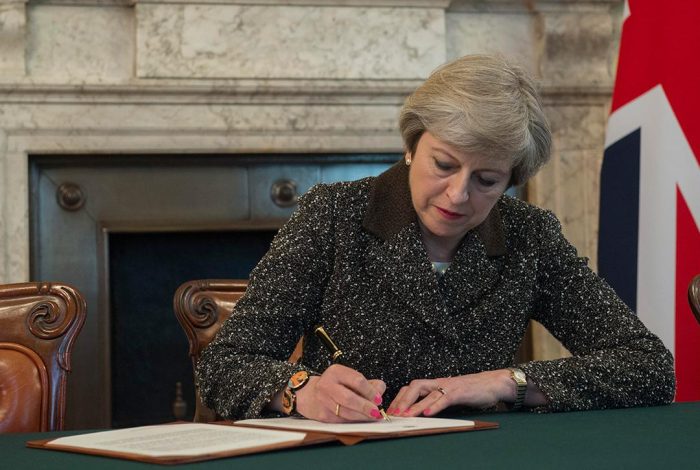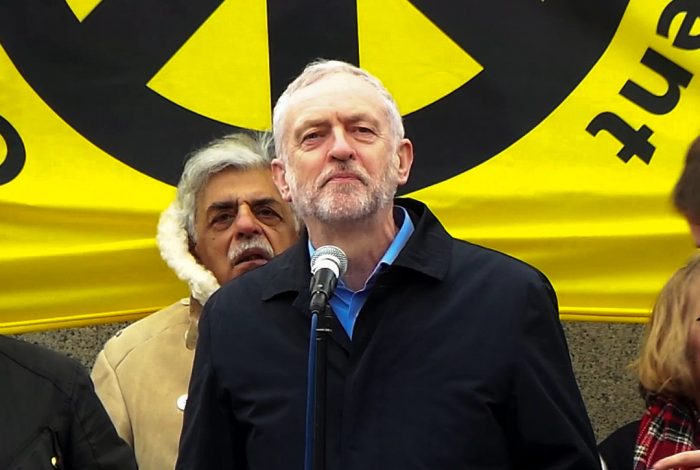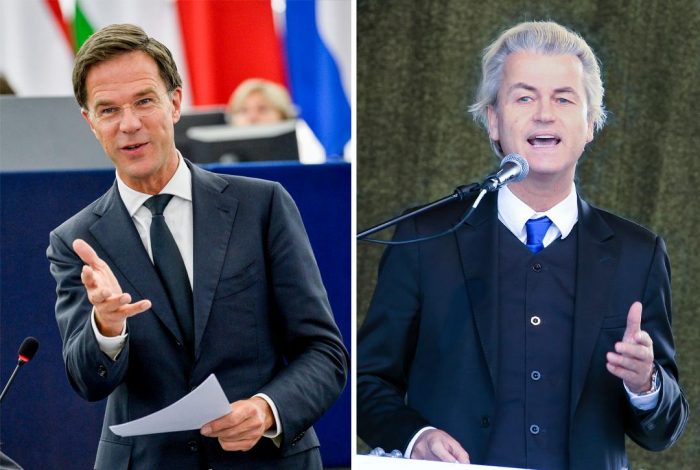Can ordinary citizens use the courts to force their leaders to fight climate change? In the most revolutionary climate ruling to date, the Supreme Court of the Netherlands delivered an emphatic “yes” on December 20, upholding a court order forcing the Dutch government to cut national carbon emissions.
Category: Europe
A German court has taken the unprecedented step of ordering its government to ensure US drone strikes comply with international law, citing evidence the US “regularly” kills civilians using an air base located on German soil.
But the most important legal victory to date in the global opposition to America’s targeted-killing program, announced on March 19, has not generated a single article in the US mainstream media.
Chancellor Angela Merkel now looks unstoppable in Germany’s national election as she seeks to add another term to her 12 years in power.
The United States has much at stake in the electoral fate of the longest serving and most experienced head of state in the Western world. Polls reveal more Americans have confidence in Merkel than in their own president (56% to 46%); a survey of 37 nations shows people see her, rather than Trump, as the “leader of the free world.”
Could a deal between the UK government and a small party with extremist links jeopardize two decades of peace in Northern Ireland?
After losing its majority in a general election, Prime Minister Theresa May’s Conservative Party can no longer govern without another party. A partnership with Northern Ireland’s Democratic Unionist Party (DUP), which has just 10 members in the UK parliament, would allow May to cling to power.
Former Prime Minister John Major, whose government laid the foundations for the 1998 Good Friday Agreement in Northern Ireland, is urging May to drop her deal with the Unionist Party, calling it a threat to a still “fragile” peace process.
Shock polls show a massive surge in support for Labour leader Jeremy Corbyn in an election campaign interrupted by two terrorist attacks.
The UK’s elections will go ahead on June 8 despite a terrorist rampage in the heart of London on Saturday night. The attack followed upon a May 22 suicide bombing at a Manchester concert that killed 22 people.
Even if most UK polls still project a Conservative victory, they do so by a shrinking margin. One poll even suggests there could be a “hung parliament” — an outcome in which no party has a majority, giving Corbyn a chance at becoming prime minister of a coalition government.
Whoever wins this week’s Dutch elections, immigrants are already the biggest losers.
Geert Wilders, who is often called “the Dutch Donald Trump,” will not necessarily head the government even if he wins the most seats in parliament. But he has taught the current Prime Minister Mark Rutte to pit Dutch voters against immigrants and their children.
Brexit, Trump … and now Italy. Italian voters have set off a political earthquake, massively rejecting constitutional reform, forcing their prime minister from office and clearing the way for Trump-inspired political parties to grab control.
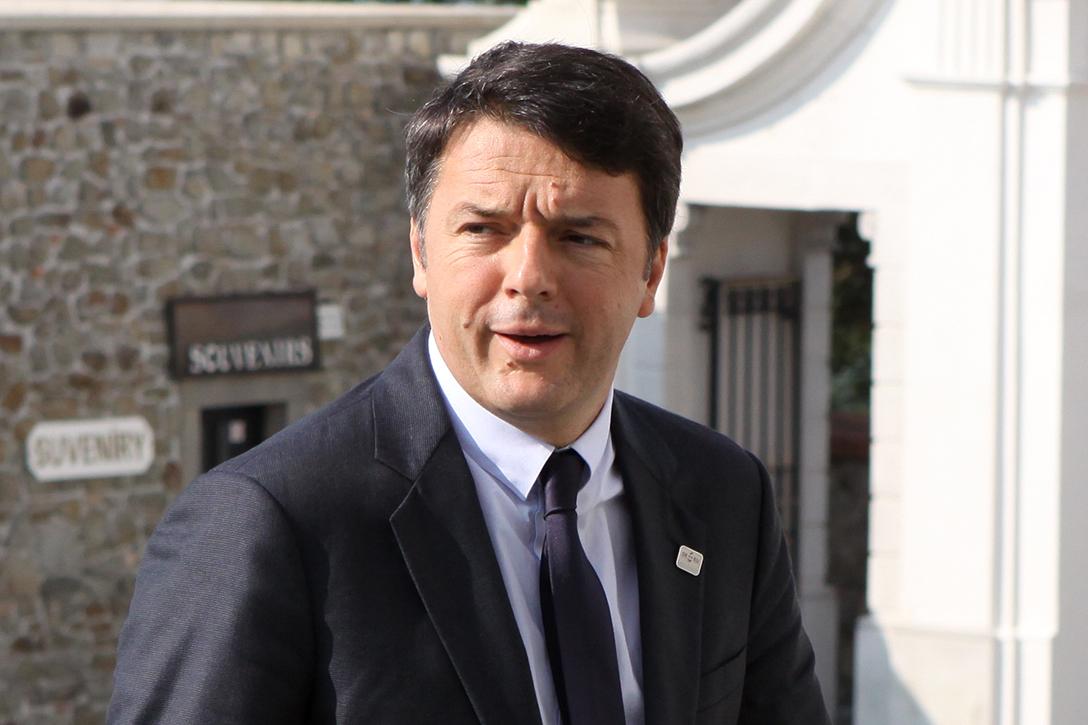
The people have had their say: The UK will quit the 28-nation European Union.
Push finally came to shove and voters decided the risk of leaving the EU was a risk worth taking.
Brexit’s Trump-like central message — “Put Our Own People First” — will resonate across Europe as mostly far-right politicians follow its lead.
